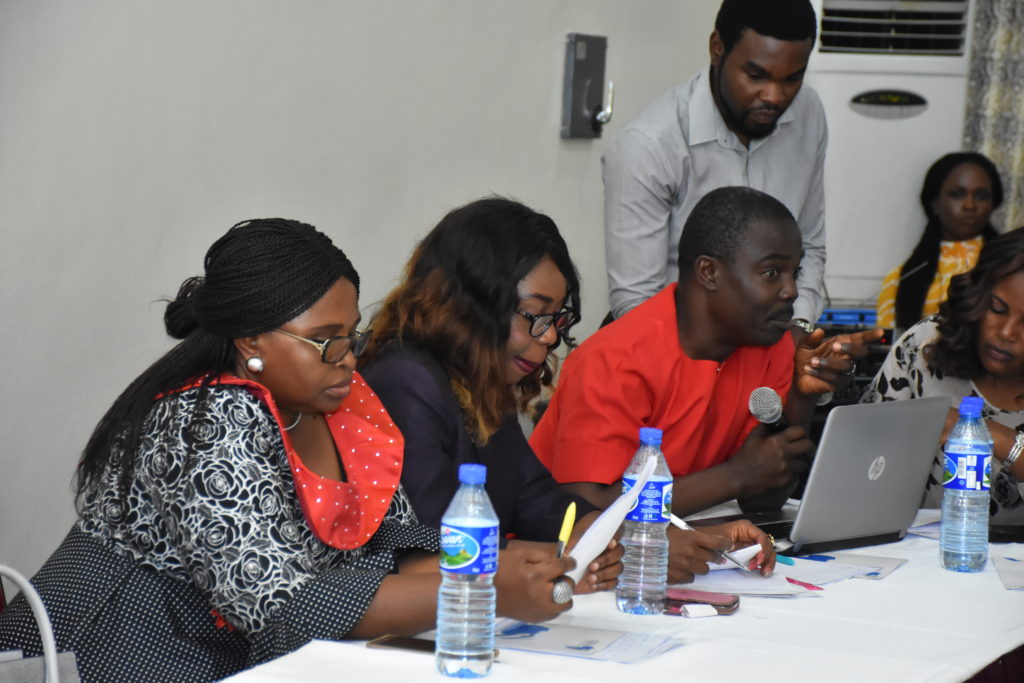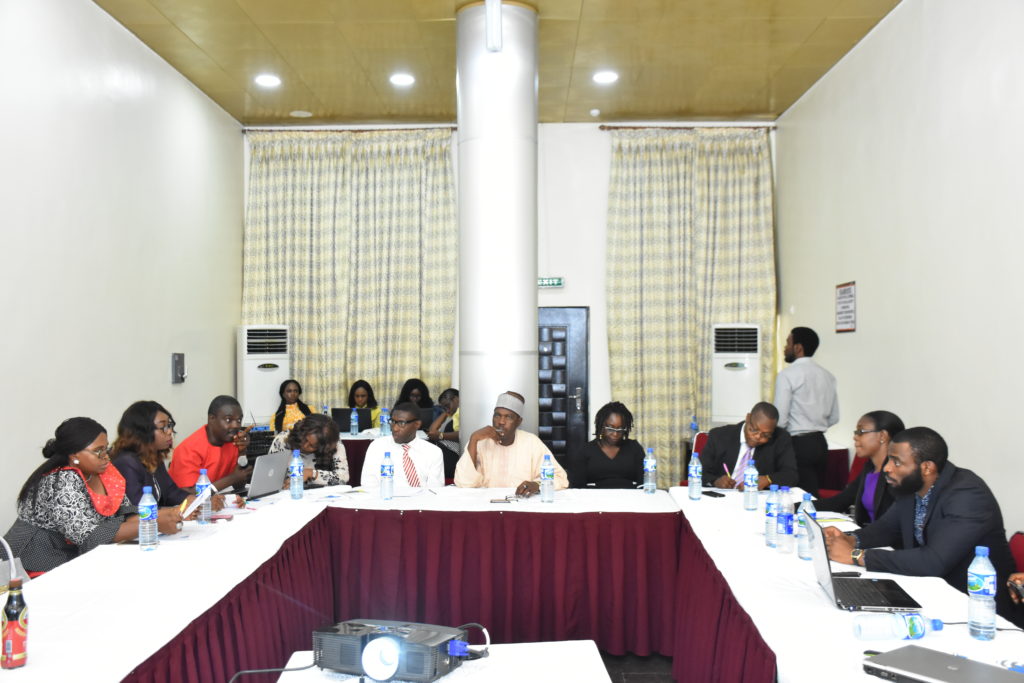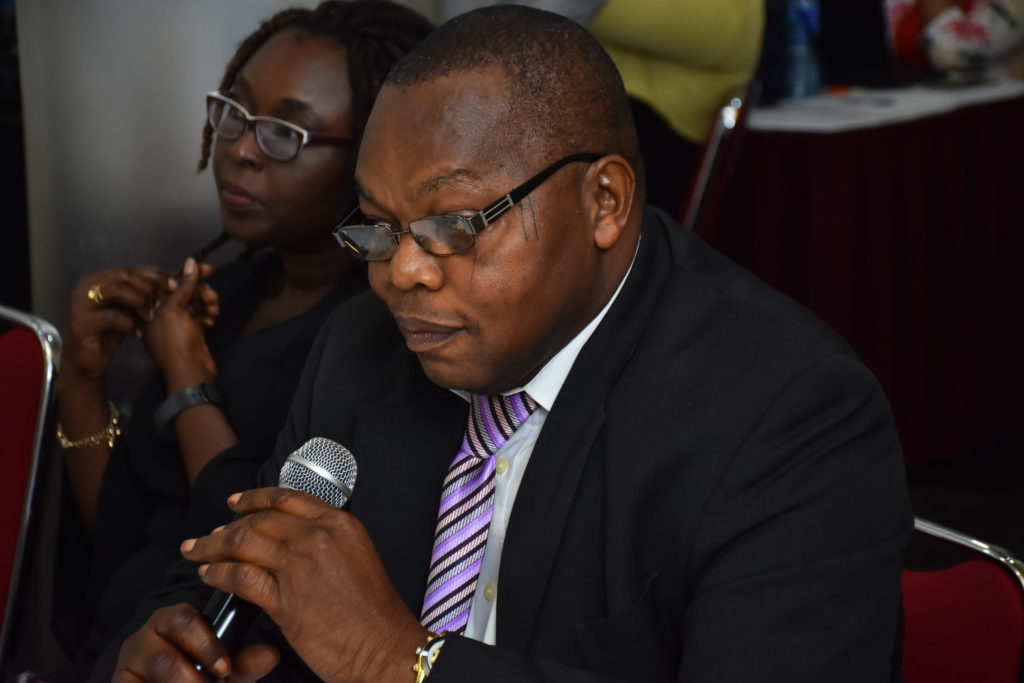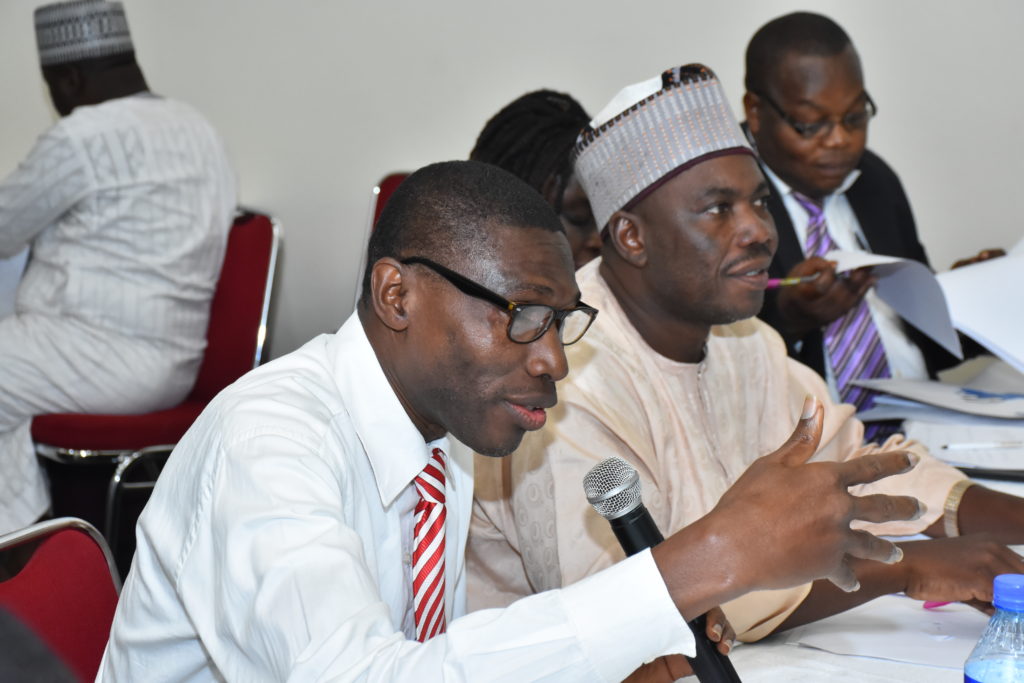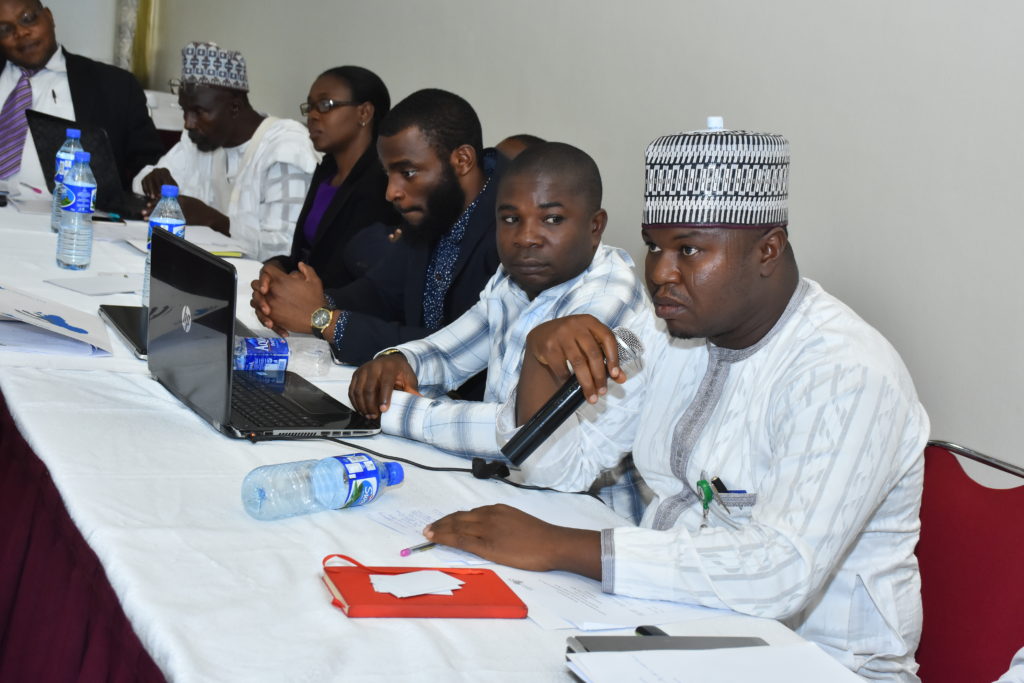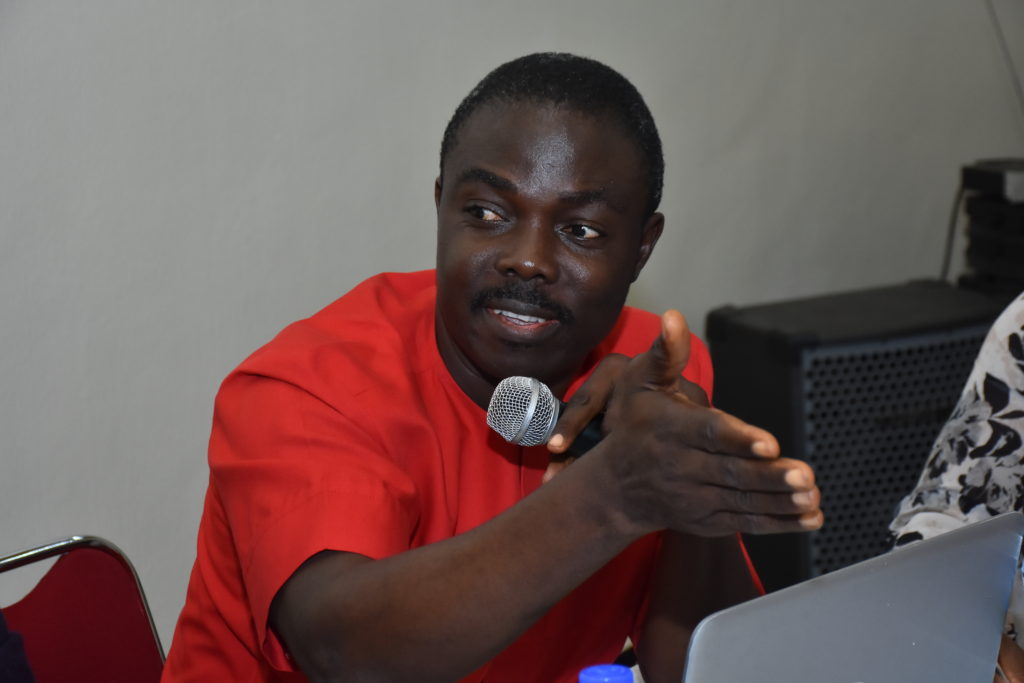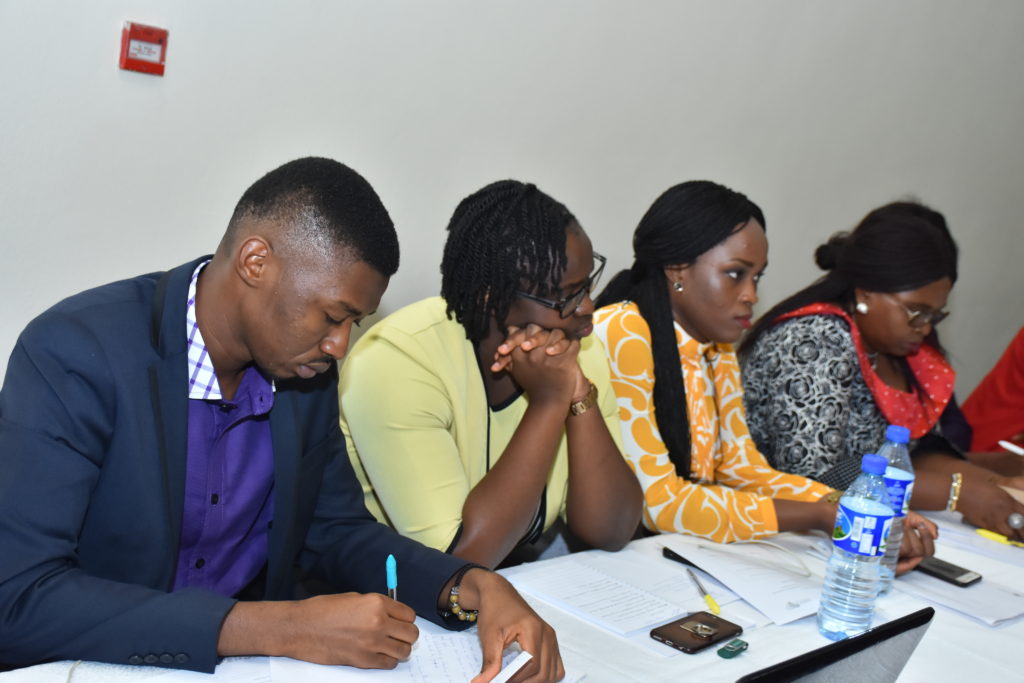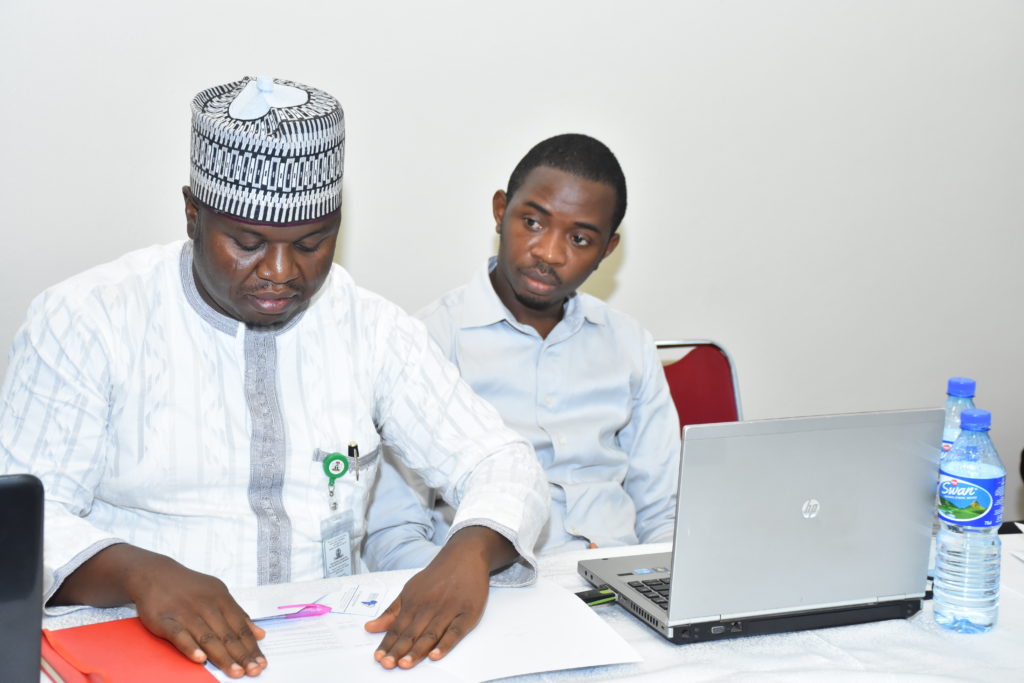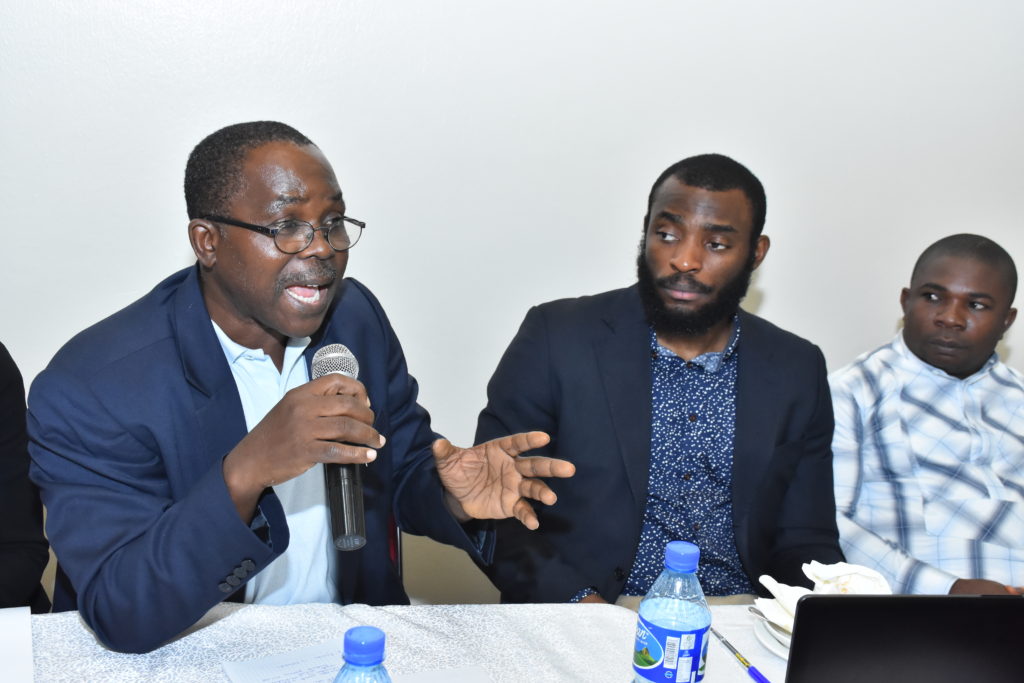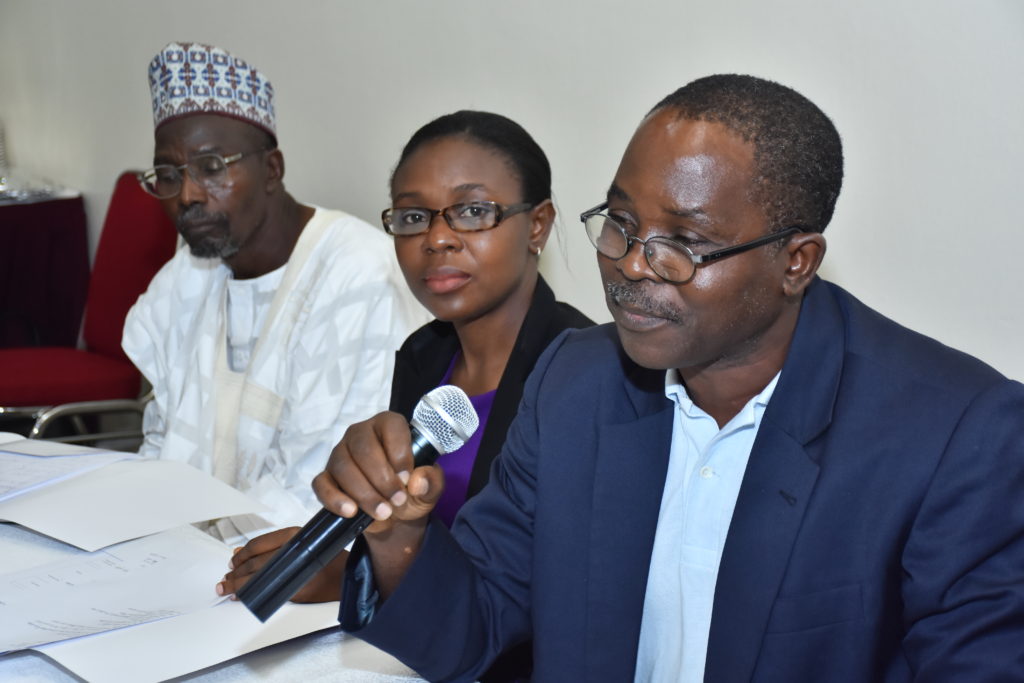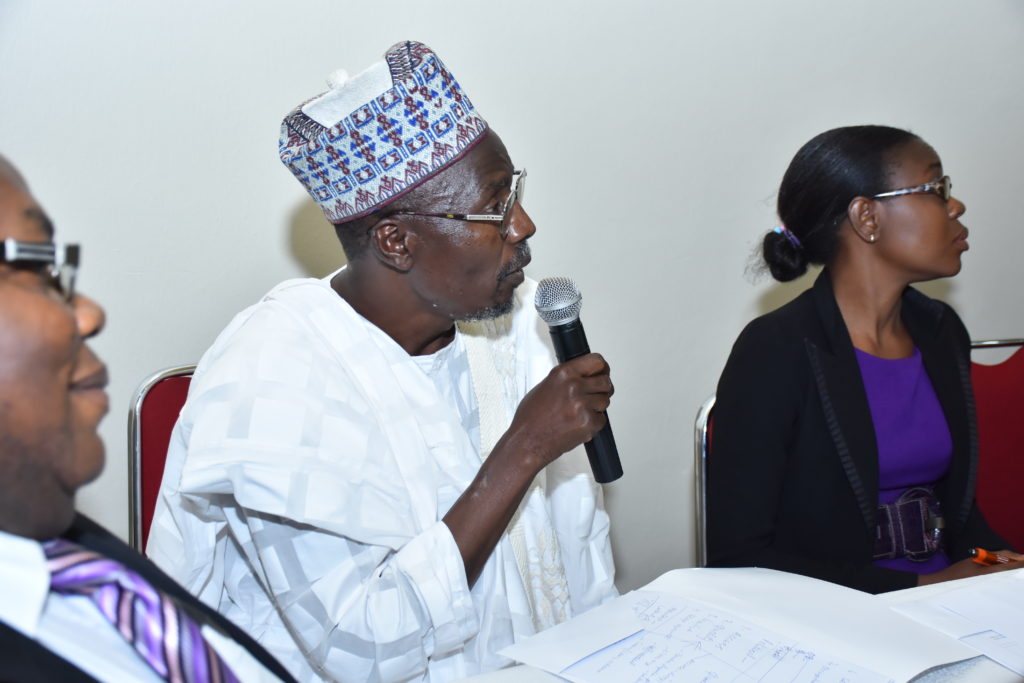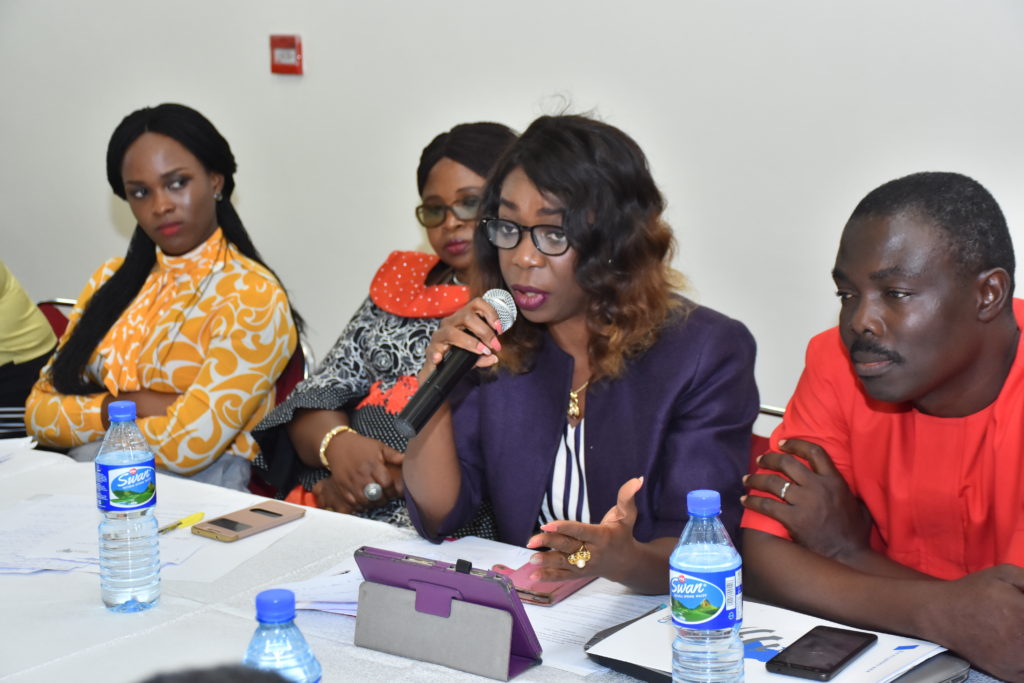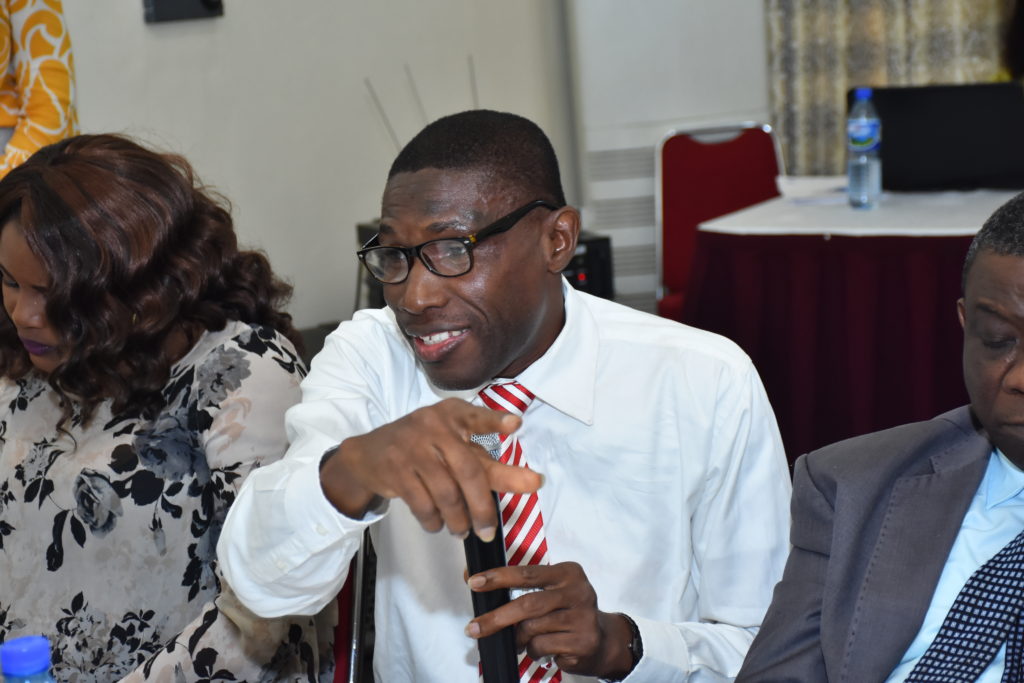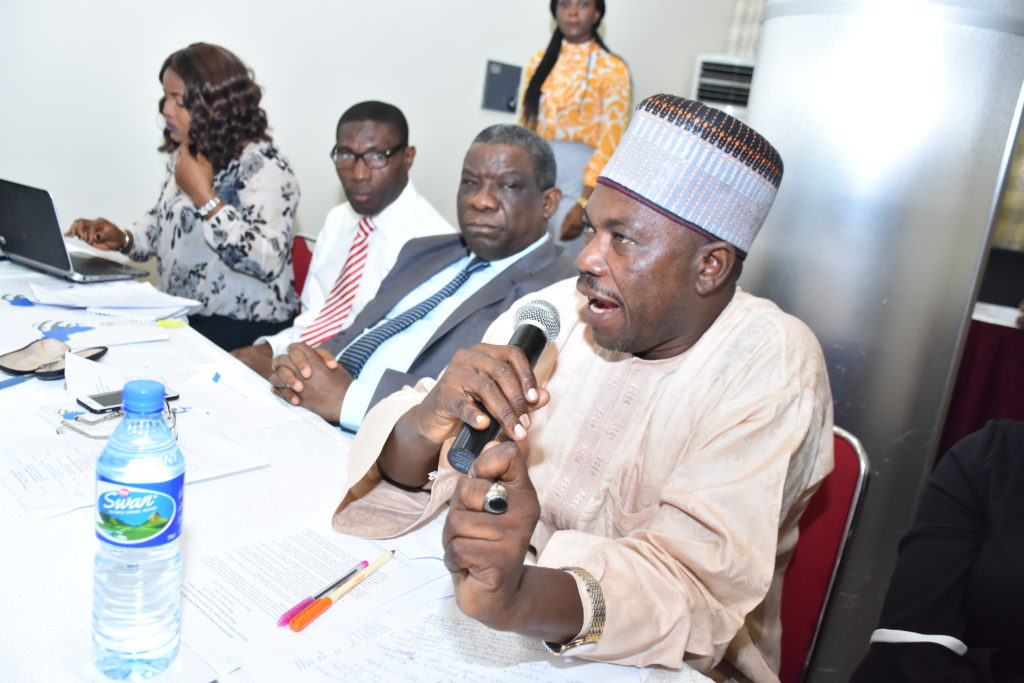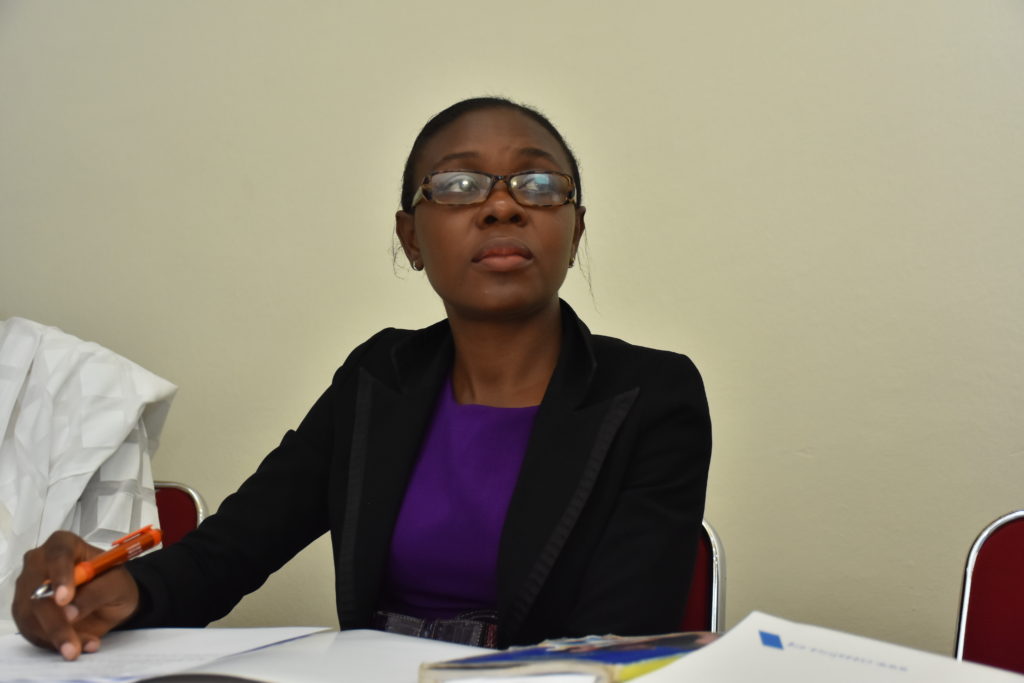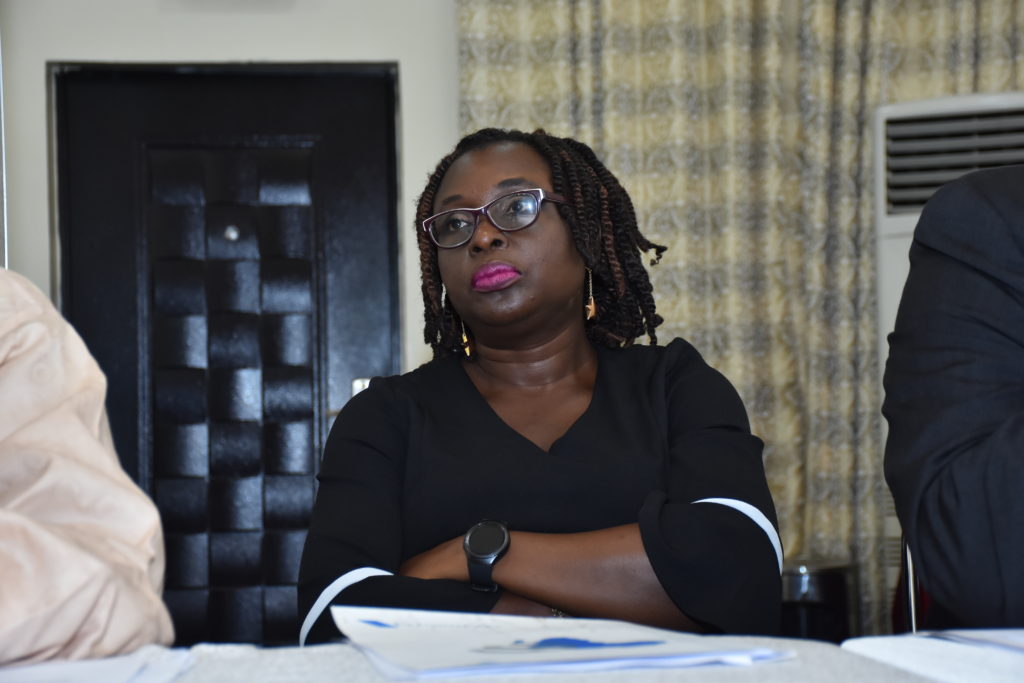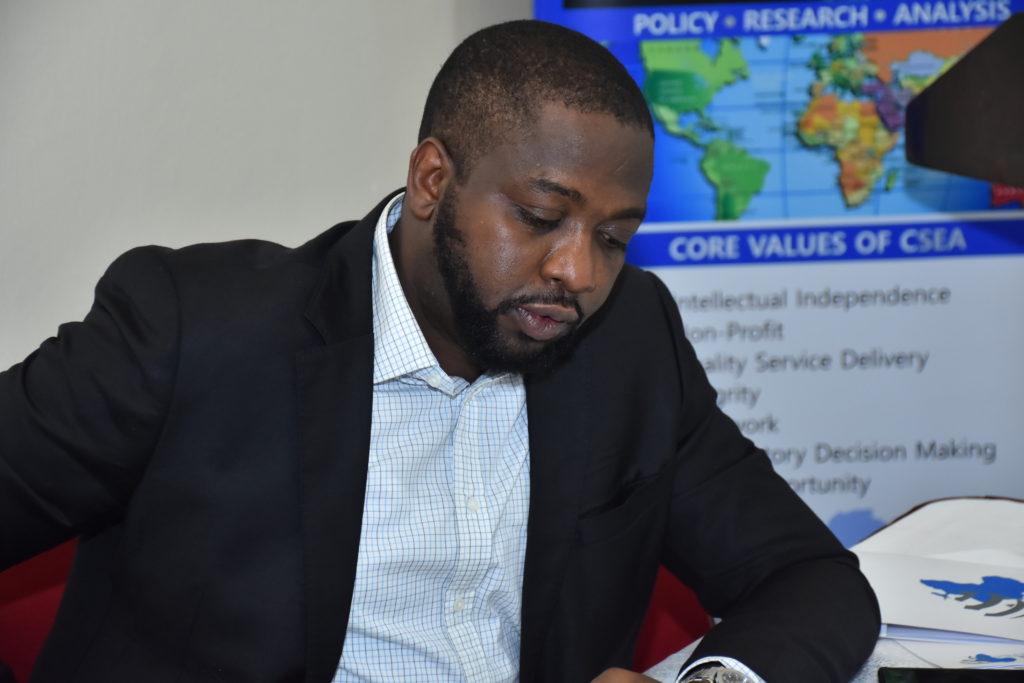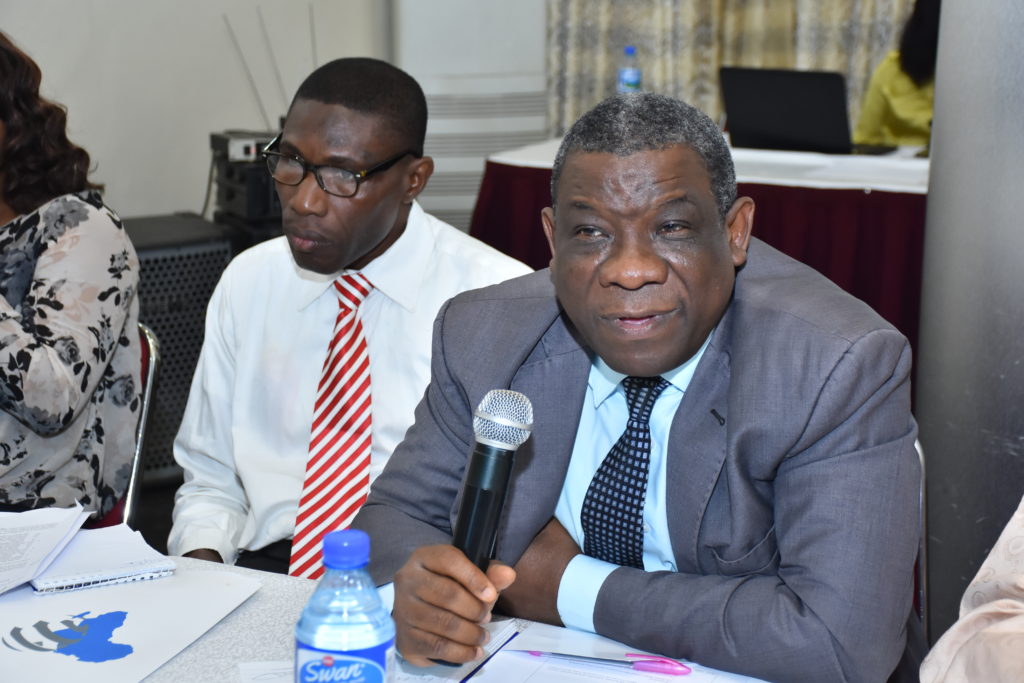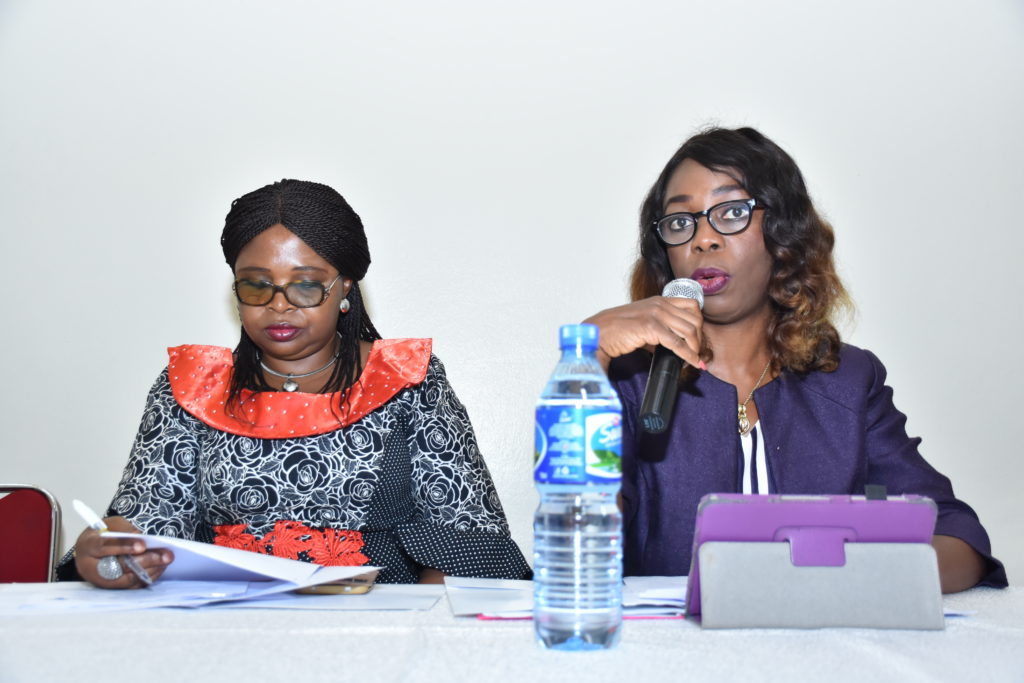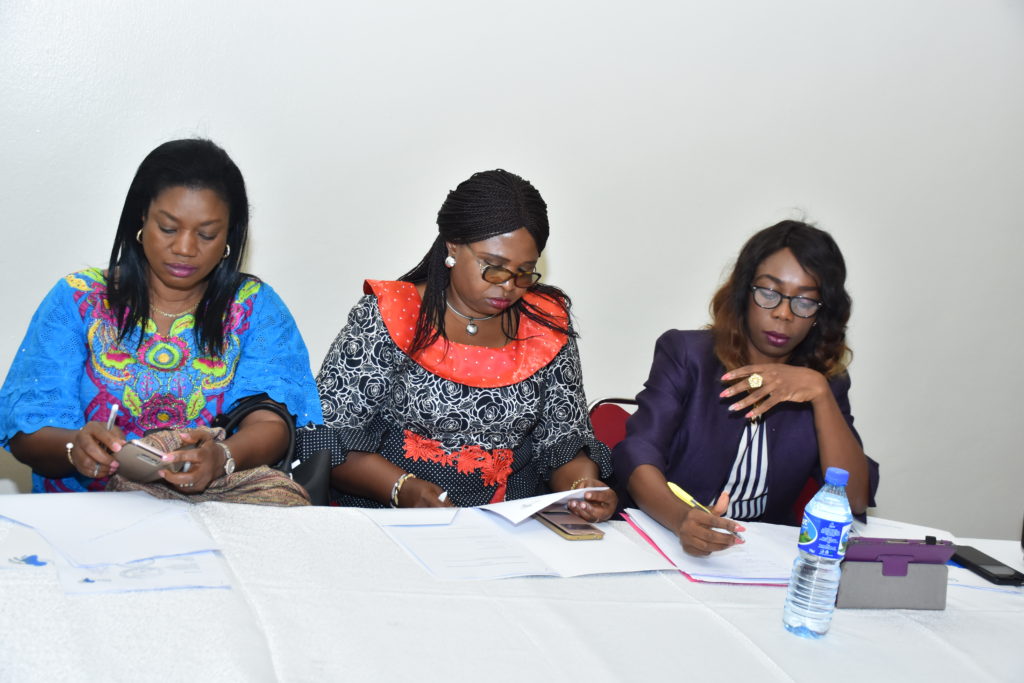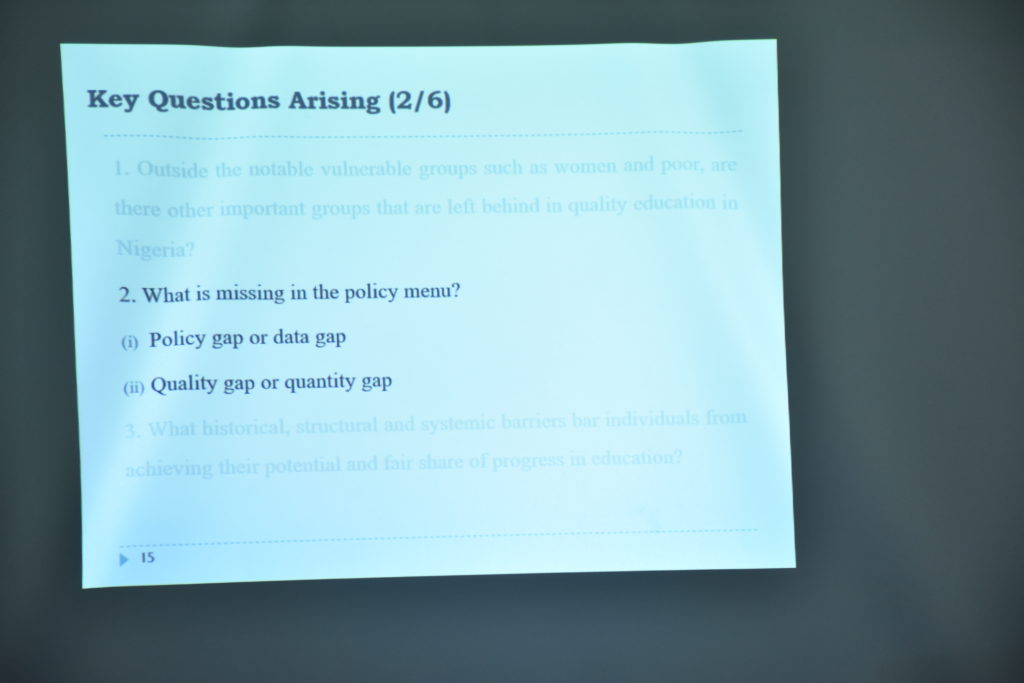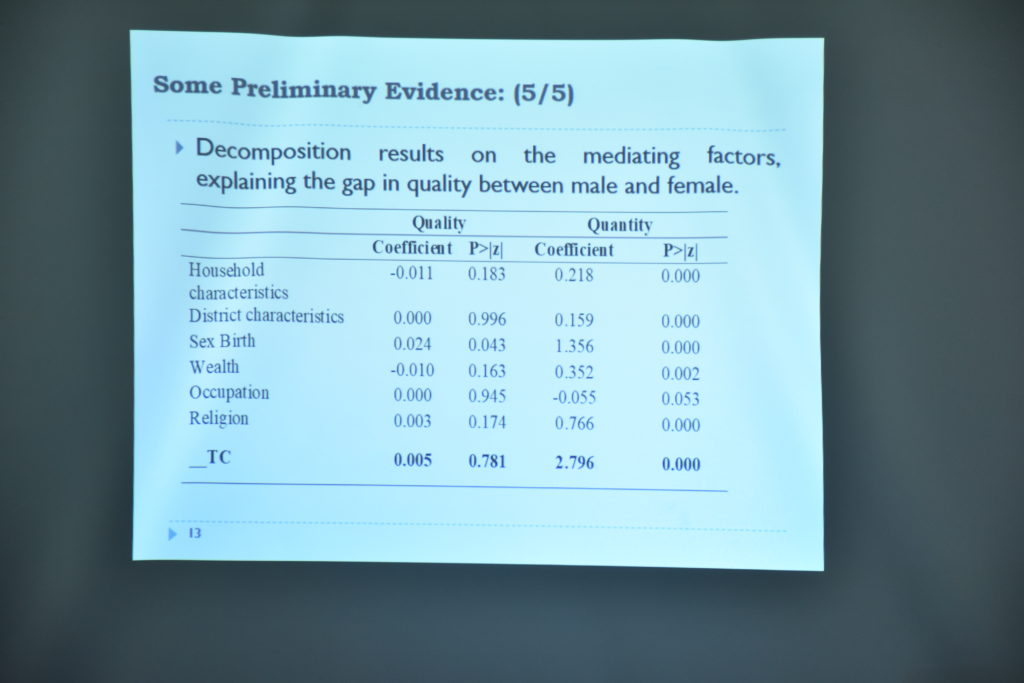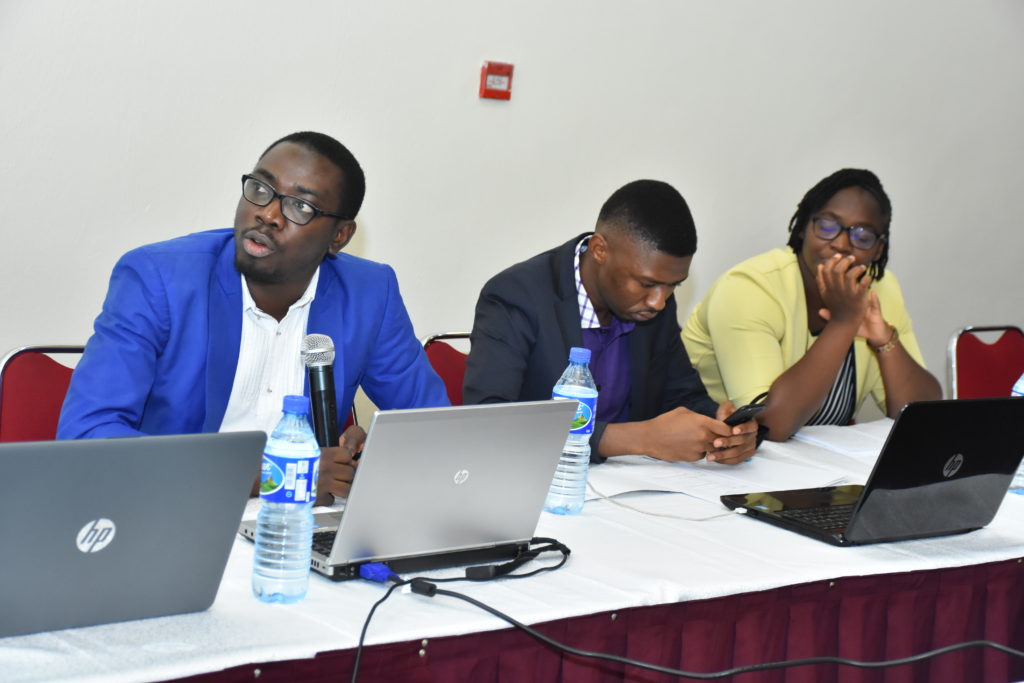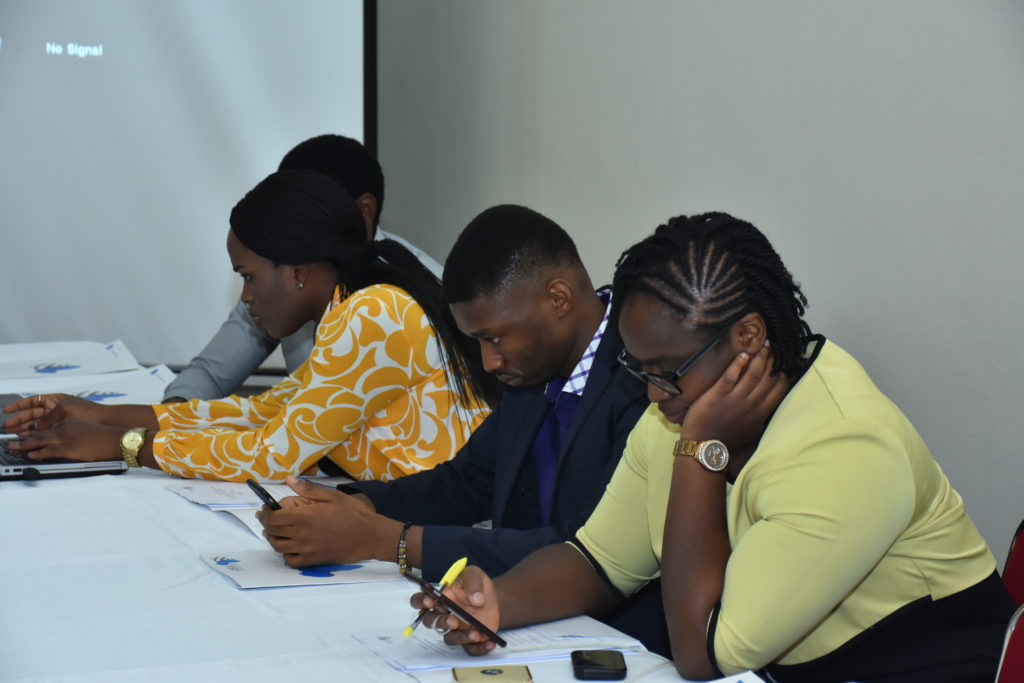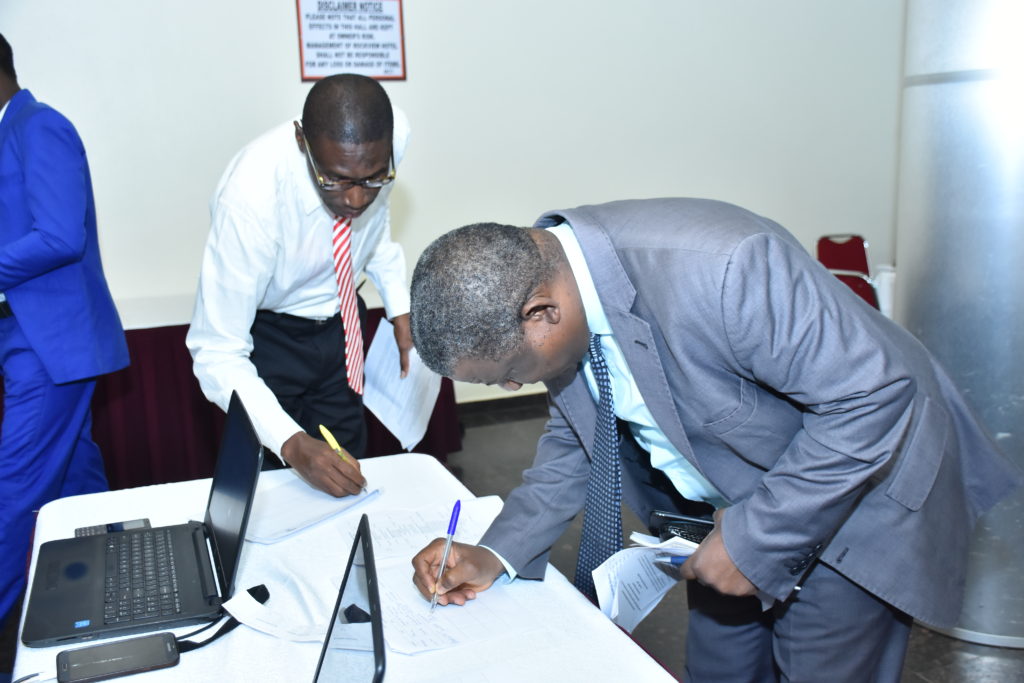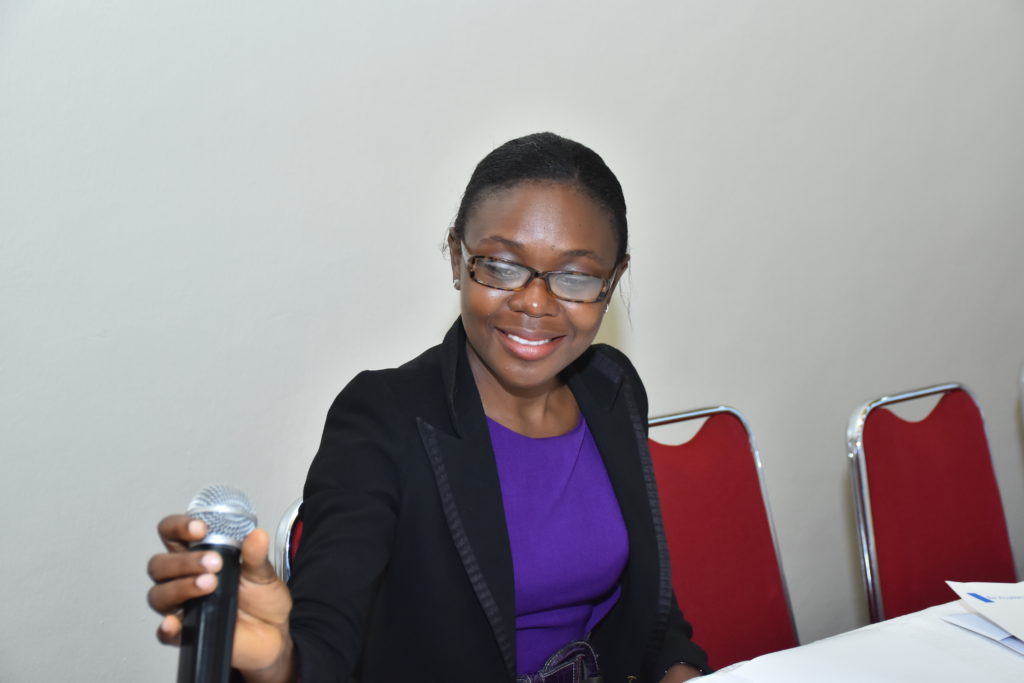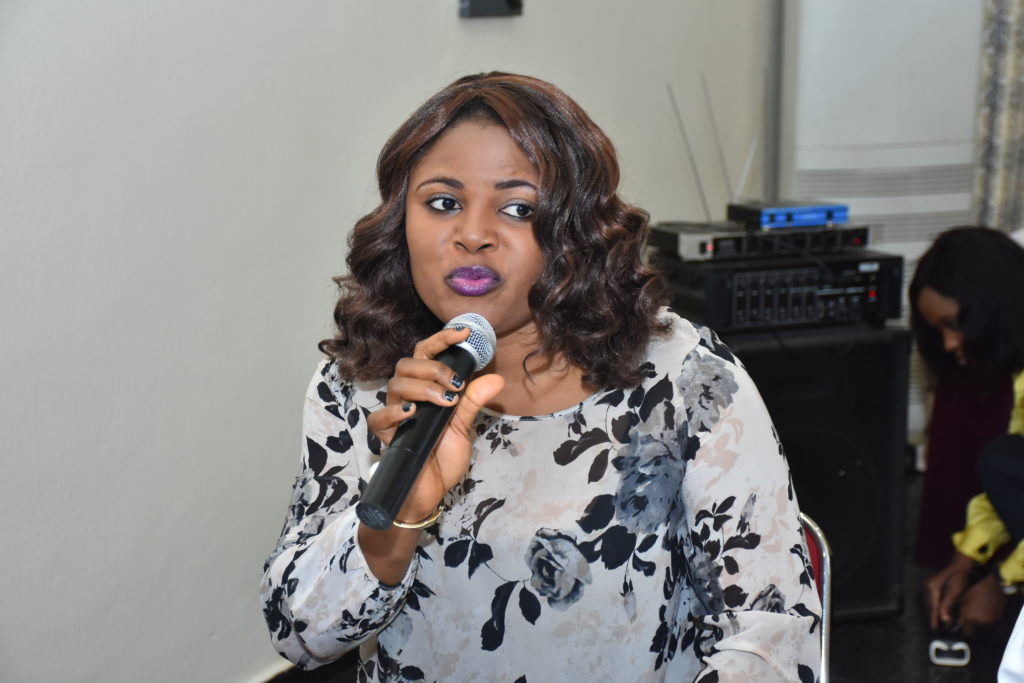

CSEA's Research Associate, Mma Amara Ekeruche , participated in the workshop titled “Infrastructure Development in Africa: Trends and Development" organised by Global Economic Governance (GEG) Africa programme, on Friday, 28th September 2018, in Pretoria, South Africa. The meeting provided a platform for participants to examine Africa's rising debt as well as discuss developing infrastructure as an asset class as a way of mobilizing institutional investments specifically Sovereign Wealth Funds (SWF) and pension funds for infrastructure development. 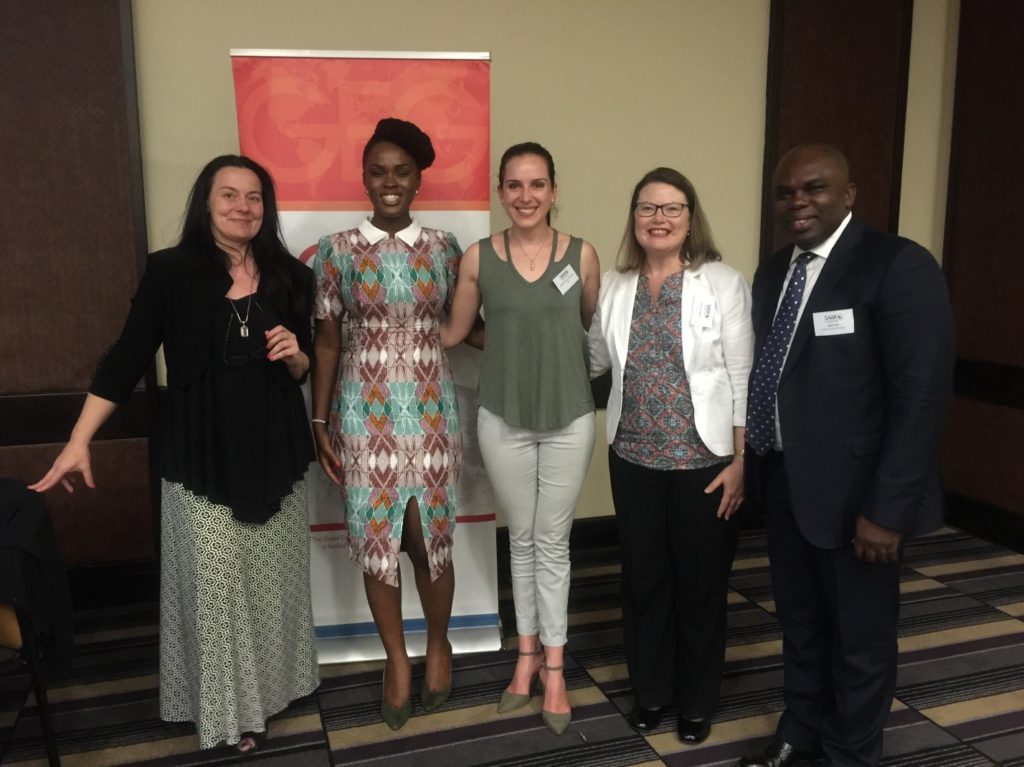
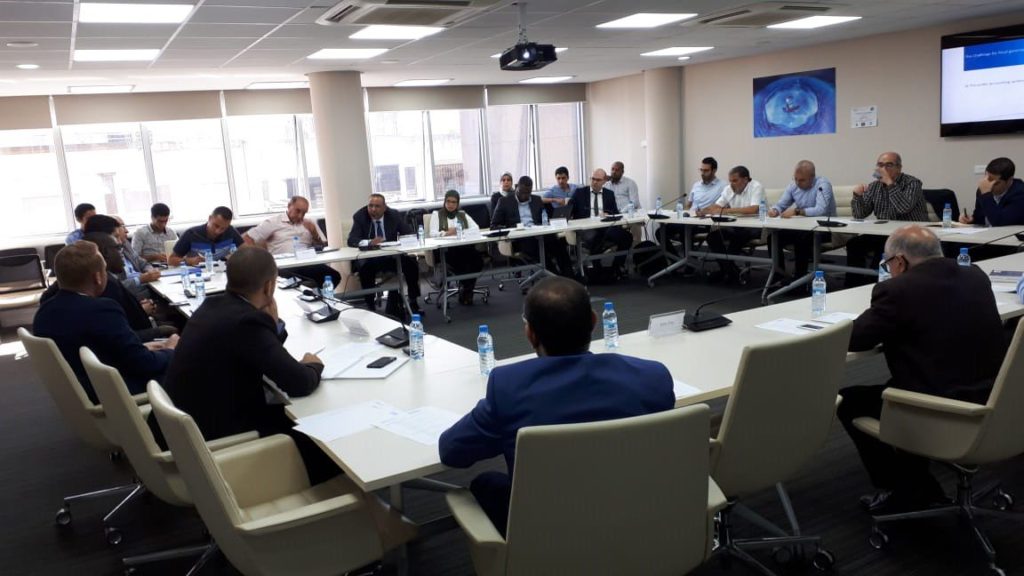
CSEA’s Executive Director, Dr. Chukwuka Onyekwena, participated in the Evidence 2018 Conference, supported by the Africa Centre for Evidence, a research centre at the University of Johannesburg and secretariat to the Africa Evidence Network. Grounded in the themes ‘Engage, Understand, Impact’, the Evidence 2018 conference programme focused on four areas of priority in Africa: quality education, communicable diseases, climate resilience, and good governance. Specifically, Evidence2018 aimed to encourage, promote and showcase evidence-informed decision-making (EIDM) in Africa, thereby contributing to the development of effective public policies and efficient implementation of services, as well as joint learning on interventions that tackle poverty and equality. The conference took place from 25-28 September 2018 at the CSIR International Convention Centre in Pretoria, South Africa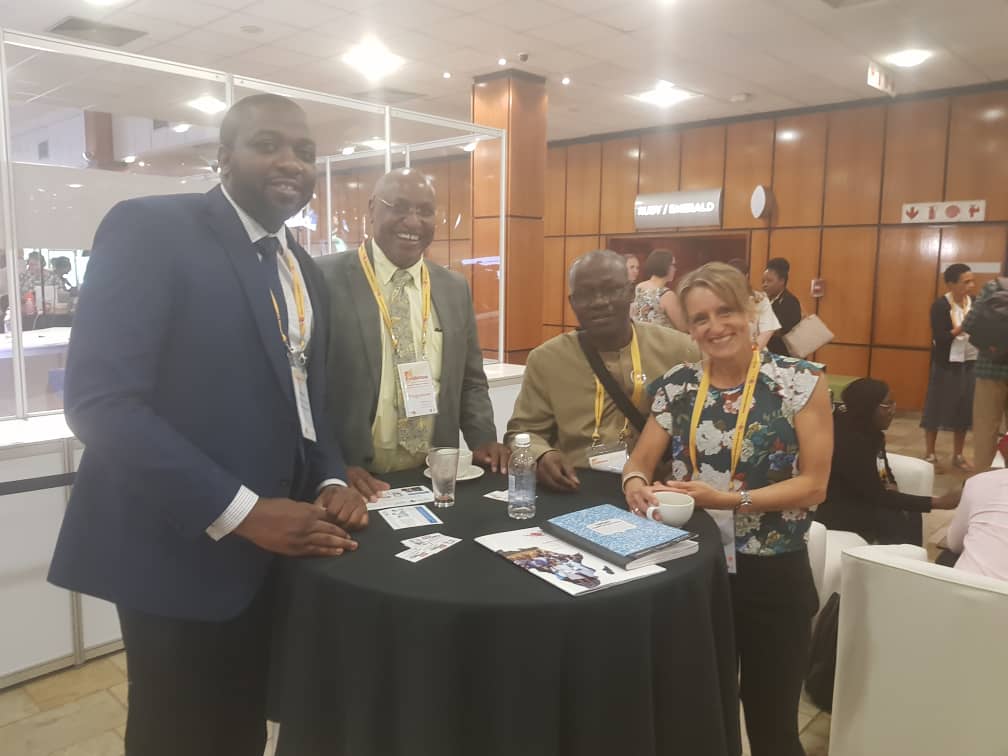
On Thursday, August 16, 2018, the Centre for the Study of the Economies of Africa (CSEA) and the South African Institute of International Affairs (SAIIA) with support from Download File">Global Economic Governance Africa (GEGAfrica) organized a one day workshop on Africa’s Rising Debt: Implications for Development Finance. The workshop was held at Bon Stratton Hotel Asokoro, Abuja.
The main objective of the workshop was to disseminate the findings of CSEA’s study on Africa’s Rising Debt: Implications for Development Finance, as well as to receive feedback from relevant stakeholders including policy-makers, economists, academia and CSO’s. Specifically, the objectives of the event were
to:
CSEA's Executive Director, Dr. Chukwuka Onyekwena who welcomed participants to the workshop explained that rising debt and sustainability issues had re-emerged in Africa. He specifically highlighted the 2017 IMF debt sustainability report which indicated that 18 African countries were in high rate debt crisis. Dr. Chukwuka noted a significant rise in debt financing, exchange rate volatility and epileptic economic growth as key drivers of Africa's rising debt.
[caption id="attachment_4387" align="aligncenter" width="768"]CSEA's Senior Research Fellow, Dr. Adedeji Adeniran gave a first presentation on 'Nigeria’s Debt Profile: Sustainability Assessment and Emerging Concerns'. He stated that sovereign debt was inevitable because of issues such as tax smoothing due to exogenous shocks, imbalances in timing between inflows and outflows, spurring growth of key economic sectors and financing public sector investment. He, however, noted that persistent and unsustainable debt can create economic problems and result in economic distortions and negative growth if not effectively managed. He outlined external shocks, weak macroeconomic environment and inconsistent exchange rate as some of Nigeria's debt management and sustainability challenges.
[caption id="attachment_4388" align="aligncenter" width="768"]David Nabena from Nigerian Governor's Forum gave a presentation on "Sub-national borrowing and debt management". He opined that managing revenue volatility and achieving fiscal independence has always been challenging for successive governments in Nigeria because of huge oil dependence. Mr. Nabena noted that although policy responses in the last two (2) years have targeted fiscal stability, risks have remained. This, he said, signalled a call for stronger fiscal consolidation and policy adjustments including managing public sector employment. He also stressed the importance of implementing recommended actions of the fiscal sustainability plan on sustainable debt management. He advocated for greater spending efficiency and realistic budgeting. He also called for increased monitoring and impact evaluation, proper debt management, raising of domestic revenues and maintaining an environment of high investment and growth.
[caption id="attachment_4389" align="aligncenter" width="768"]CSEA's Research Associate, Mma Amara Ekeruche gave the final presentation on an "Overview of African Debt and Government Responses". She noted that debt sustainability in Africa is emerging as a concern because of rise in the size of debt, worsening debt servicing capacity and increased risks posed by the changing debt characteristics. She gave an insight into the debt drivers as well as the changing characteristics of Africa's debt. The rationale behind debt was to invest in projects that have the capacity to generate revenue to service the debt in the long term. However, there has been a general poor allocation to capital projects with some countries like South Africa allocating less than 5%. She noted poor cost-risk analysis, institutional challenges and data-related inefficiencies as some of the challenges African governments have been faced with in their debt management strategies.
[caption id="attachment_4390" align="aligncenter" width="768"]Policy Recommendations
Participants at the workshop which include representatives from the World Bank, the African Development Bank (AfDB), the Debt Management Office (DMO), Nigeria Governors Forum (NGF), Heinrich Böll Stiftung, Ministry of Budget and National Planning, Revenue Mobilization and Fiscal Commission, the Academia, Research Institutes, Civil Society Organizations agreed on the following recommendations:
Click on the download button to read the full Communiqué.
" alt="" width="1024" height="683" />
" alt="" width="1024" height="683" />
" alt="" width="1024" height="683" />
" alt="" width="1024" height="683" />
" alt="" width="1024" height="683" />
" alt="" width="1024" height="683" />
" alt="" width="1024" height="683" />
" alt="" width="1024" height="683" />
" alt="" width="1024" height="683" />
" alt="" width="1024" height="683" />
" alt="" width="1024" height="683" />
" alt="" width="1024" height="683" />
" alt="" width="1024" height="683" />
" alt="" width="1024" height="683" />
" alt="" width="1024" height="683" />
" alt="" width="1024" height="683" />
" alt="" width="1024" height="683" />
" alt="" width="1024" height="683" />
" alt="" width="1024" height="683" />
" alt="" width="1024" height="683" />
" alt="" width="1024" height="683" />
" alt="" width="1024" height="683" />
" alt="" width="1024" height="683" />
" alt="" width="1024" height="683" />
" alt="" width="1024" height="683" />
" alt="" width="1024" height="683" />
" alt="" width="1024" height="683" />
" alt="" width="1024" height="683" />
" alt="" width="1024" height="683" />
" alt="" width="1024" height="683" />
" alt="" width="1024" height="683" />
" alt="" width="1024" height="683" />
" alt="" width="1024" height="683" />
" alt="" width="1024" height="683" />
" alt="" width="1024" height="683" />
" alt="" width="1024" height="683" />
" alt="" width="1024" height="683" />
" alt="" width="1024" height="683" />
" alt="" width="1024" height="683" />
" alt="" width="1024" height="683" />
" alt="" width="1024" height="683" />
" alt="" width="1024" height="683" />
" alt="" width="1024" height="683" />
" alt="" width="1024" height="683" />
" alt="" width="1024" height="683" />
" alt="" width="1024" height="683" />
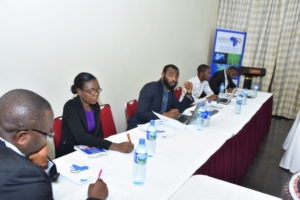
Within the framework of Southern Voice’s study “State of the SDGs”, the Centre for the Study of the Economies of Africa (CSEA) organised a roundtable discussion to discuss Educational Performance in Nigeria and Sustainable Development Goal 4 (“quality education). Topics included: the dimensions, drivers, and implications for Sustainable Development Goals (SDGs), and the demand for an Education and Systems Change in Nigeria.
The first presentation focused on “Exclusion in Quality Education in Nigeria: Dimensions, Drivers and Implications for SDGs”. It discussed quality education while focusing on excluded groups. The study notes that wealth seems to be a significant dimension of exclusion in quality education in Nigeria. There is also a regional dimension and a rural-urban divide. In addition, the gender aspect of exclusion in quality education in Nigeria seems vital.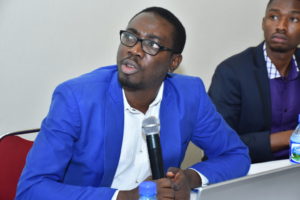
The second session was on “Understanding Synergies, Trade-offs & Global Systemic Issues in Meeting SDG4 in Nigeria”. The study aims to explore the linkages between the quality education goal & other SDGs. It asks how pursuing other goals positively or negatively affect SDG4. There was also a discussion on global systemic issues, how they affect local efforts at meeting the quality education goal and the transmission mechanisms through which this relationship plays out.
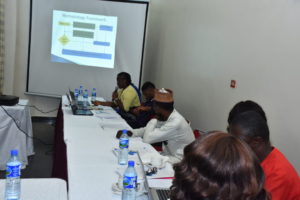
The 3rd Session on “Demand for Education & Systems Change in Nigeria”, focused on the demand side of education, getting parents invested in their kids’ education and communities in the quality of schools. Questions explored were: How can we increase the demand for quality education by parents and communities, so that students take advantage of inputs? How does politics influence quality education, and how does demand interact with politics?
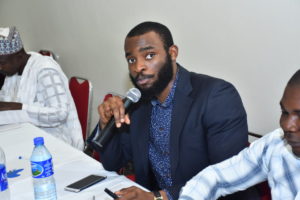 The overall purpose of the meeting was to inform experts on the on-going research studies. It drew on their wealth of knowledge to further enrich CSEA’s study titled “Educational Performance in Nigeria: The Dimensions, Drivers and Implication for SDGs” for the Southern Voice’s “State of the SDGs report.
The overall purpose of the meeting was to inform experts on the on-going research studies. It drew on their wealth of knowledge to further enrich CSEA’s study titled “Educational Performance in Nigeria: The Dimensions, Drivers and Implication for SDGs” for the Southern Voice’s “State of the SDGs report.